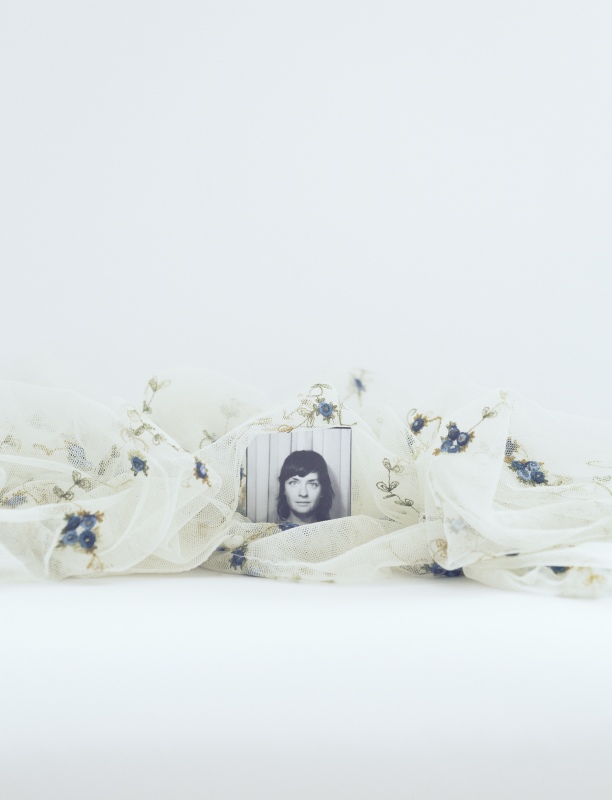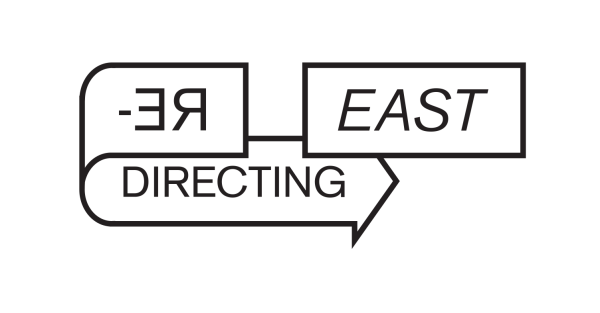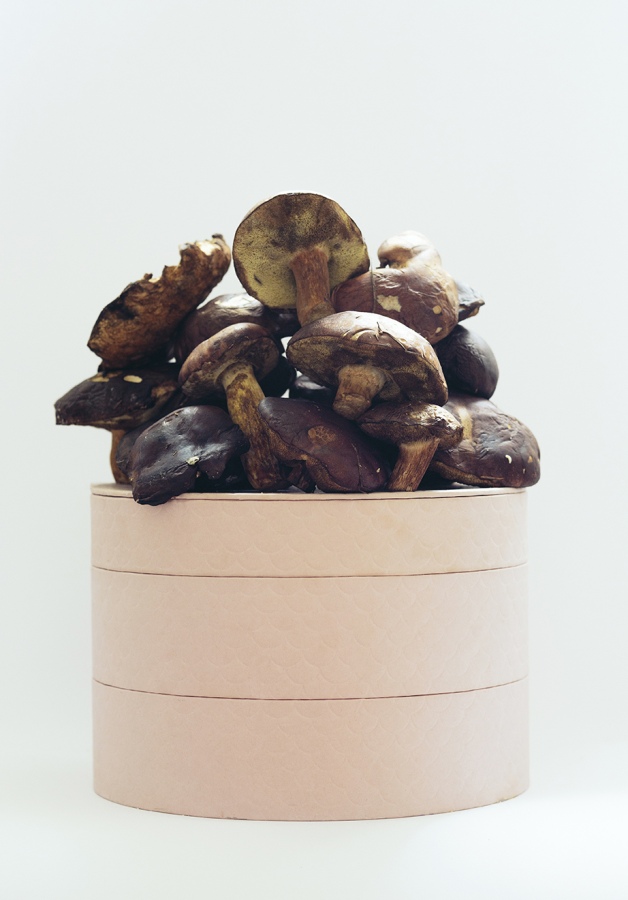Marianna Dobkowska on Re–Directing: East 2020
I am fascinated by arranging situations that inspire and activate the collective imagination. I am very into creating non-hierarchical spaces where a genuine exchange of experience and knowledge can take place; where participants listen to one another and can learn from each other while acting together. It was vitally important to me that our seminar be that kind of space. In recent years, I have taken an interest in practices at the intersection of art, informal education and activism: ones that favour building communities, stimulating political imagination, combining skills from a number of trades for the purpose of the common good, and consciously supporting processes and acts of creating bonds.
Together with Lola, Aisel, and Amado (members of the Empathic Pedagogies network), and drawing on our previous experiences in terms of education, curating, art, and research, we drew up the framework for this year’s edition of the Re-directing: East Lab/Seminar in such a way that it could be co-created by all the participants, and provide every single one of them with a sense of beings its co-host. We then composed an invitation and singled out this year’s participants. When the seminar was already underway, we too took part in it: we offered solutions, moderated sessions and participated in workshops.
The idea behind this year’s edition was to examine methods and tools that could help build intimacy inside the groups we work with, both online and offline. It is risky to assume that intimacy will just happen: it is not something one can programme. And so, over a five-week period and during one workshop session after another – each prepared by the seminar participants – we applied the contributed practices, and discovered together that it was possible to experience intimacy despite distance, creating genuine trust inside a group of people who were, until recently, strangers to one another, and inspiring mutual care through a process of learning from one another and about each other.
The online realm ceased to be an oppressive space exhausting our bodies and minds. We reimagined it from scratch, and then we started to construct it together. We provided ourselves and that new space with care. A moment came when our computer screens and phone displays stopped being a limitation. Even though we connected via Zoom, while physically remaining in our homes and studios, we could feel actual emotions and sensations exuded by our bodies; we all met somewhere else: whether it was the streets of Warsaw or Mexico City, amid singing insects, as part of an improvised choreography using Google Docs, in our memories, in silence and in our dreams.


